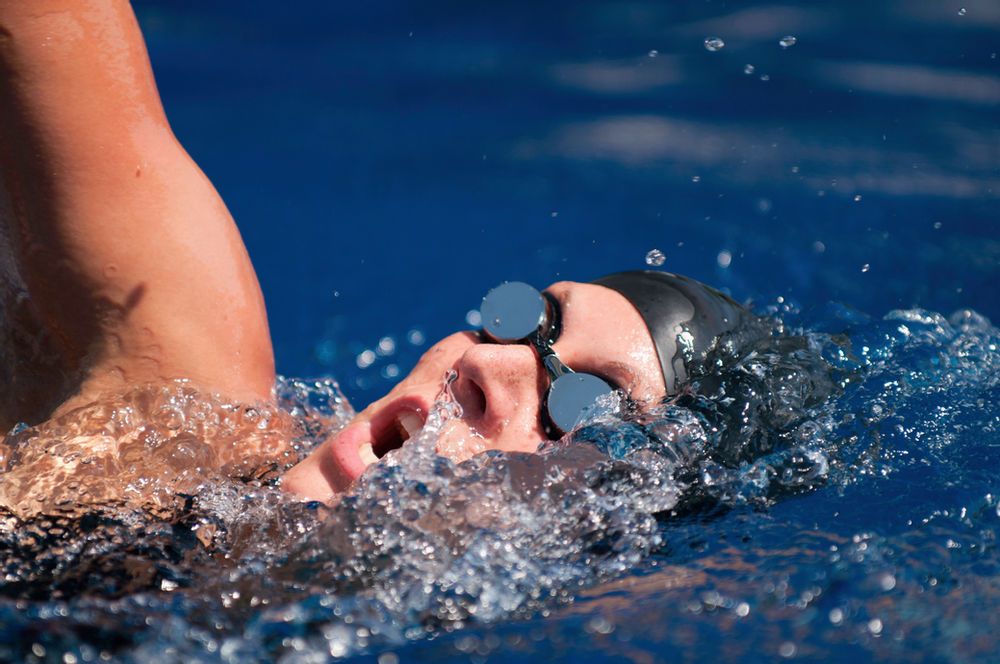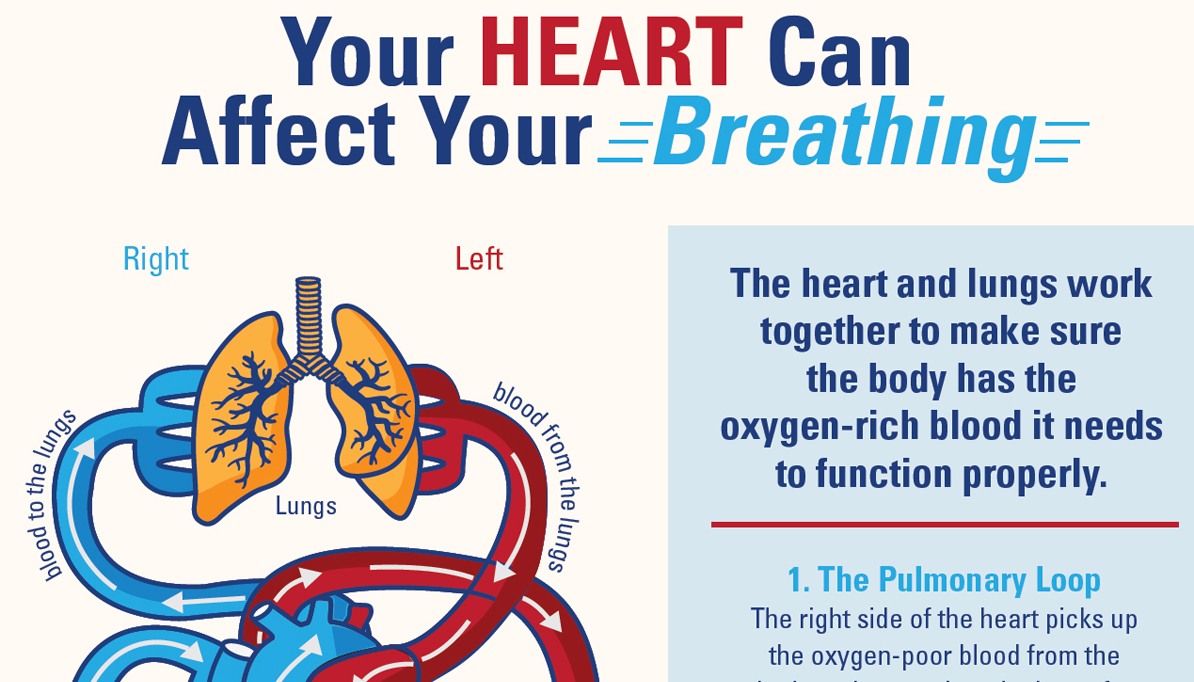
What is skip-breathing? Is it helpful during scuba diving or not?
Is it dangerous?
Are there consequences if the diver always does skip-breathing?
These are some of the questions that people ask before trying.
In this article, we will explain what skip breathing is.
Also, the mentioned questions would finally be answered here.
You will know some tips and info about this breathing habit.
And at the end of the day, the pieces of advice and the information we will provide might help you improve your air conservation.
In scuba diving, many divers believe that kip-breathing is a good way to conserve oxygen.
However, according to experts, this practice is not recommended because it can cause problems with your breathing.
Skipping breaths can actually lead to more air being taken in than needed, which can increase your risk of hyperventilation and even panic attacks.
What is skip-breathing?
Skip-breathing is the process where you interrupt your regular breathing form for an extended time. It could be holding your breath for a few seconds or in between exhaling or inhaling.

Is skip-breathing helpful during scuba diving or not?
After knowing the definition of skip-breathing, it appears that holding your breath for a short period sounds promising. Most people consider this because of the following reasons:
1. People want to constrain buoyancy.
To control buoyancy, some divers control their breath. This way, they can control themselves from falling deep into the ocean. But remember, breath constraint and breath-holding are not the same. The best way to learn to control your buoyancy is to use your lungs properly.
If you control your lungs and the amount of air you inhale or exhale, there would be a significant effect on your buoyancy.
Read articles: About Kent Tooling
Read articles: Naui vs.Padi (What’s the best for you?)
2. Divers are saving their air.
Skip breathing helps them save air. The tendency of this would make divers stay longer underwater. They believe that to keep oxygen, the only thing they must do is lessen their action. Doing little things underwater is equal to saving air.
3. Skip-breathing became a habit.
When divers are immersed, sometimes they do not notice that they are skipping their breaths. Maybe because subconsciously, that is how their body reacted once plunged into the water.

Danger and consequences of skip-breathing
Skip-breathing may sound wise in scuba diving; however, experts do not recommend it. Diver’s golden rule was always to breathe. And if you did some skip-breathing, you are generally breaking this rule.
Additionally, there are reasons why they say skip-breathing is dangerous. Here are the lists that may serve as a warning if you are planning on practicing it.
1. Holding your breath will cause carbon dioxide to build up.
Carbon dioxide is generally not harmful unless it was built up high in your body. This case could harm your respiratory function and may depress your central nervous system.
2. Skip breathing that causes carbon dioxide development is grounds for other illnesses.
health effects such as headaches and dizziness may be experienced during skip breathing. The worst case is that you could experience a deep water blackout, leading to a terminal instance.
3. Skip-breathing can collapse your lungs.
Holding your breath deep into the ocean or while ascending to the surface makes your lungs expand. Also, this overexpansion of the lungs will lead to air bubbles in your bloodstream. Worst case scenario, your heart would suffer from too much pressure.
These dangers of skip-breathing impact the body, and there are consequences that you may regret in the end. One of them is stressing your body’s vital organs, such as lungs and heart, while underwater, and damaging them is the last thing you want to do.
Things to do to avoid skip-breathing
If skip-breathing is a habit that is hard for you to avoid, it’s about time to break this practice. This advice might make you forget about skip breathing. However, do not only rely on this. Help yourself too to achieve an excellent result. Here are the following things that you must do to avoid skip-breathing.
1. Avoid being overweight.
Weight has a significant factor in avoiding skip-breathing. If you are overweight, your breathing patterns are doubled, or much more than the less-weight divers. The tendency would make you conserve air by skipping breathing. This could result in serious problems. Overweight plus pressure on the water plus skip breathing is equal to the worst case.
2. Avoid lack of knowledge in buoyancy control.
Before diving into the deep blue sea and enjoying marine life, be sure to have mastered buoyancy control. This may be one of the challenging skills for a swimmer to learn, but it’s workable. This skill would help you slide over reefs and can steer underwater easily, here and there.
However, if you lack this skill, the tendency to skip breathing is higher. The ending of wanting to roam around the marine would control your breath or cut it. Because unconsciously, your body will take extra air or keep it to adjust or keep you longer underwater.
3. Do not panic.
Stay relaxed and calm underwater. Remember that too much movement will consume extra air. Also, panicking because of fear and overwhelming pressure deep down the ocean will only cause you trouble. If this happens, there’s a chance that skip-breathing might happen.
4. Avoid controlling your breath no matter what happens.
Breathing is like an involuntary thing in the world: we breathe, no matter where we are. Even if we are under the sea or in outer space, we need to inhale and exhale.
And this must be practice once you are underwater. Do this slowly and deeply. This may help you a lot in preserving your air rather than skip breathing. Remember that doing the latter will only make you absorb more oxygen than consuming a standard rate.
The better ways than skip-breathing
1. Regular exercise is one of the best ways to conserve air rather than skip breathing. In this way, your vital organs such as the heart and lungs could cope with the compression subsurface. Remember that if you are unfit, your body couldn’t take the pressure underwater.
2. You have to practice conserving air, and the key here is to relax. Keep a routine calming yourself and your mind. Continue on scuba diving until you perfect the buoyancy control and proper conserving air.
Final Thoughts
The article was all about what skip breathing is and the danger it brings to an individual. We do hope that you will keep in mind that skip-breathing is not advisable. Some of its risks and consequences may give you mishaps.
As divers always say, always breathe. Also, avoid the things that might push you to skip breathing. Always practice and forget the skip-breathing.
